Visiting Sri Lanka during Ramadan can provide a unique and culturally enriching experience. Here are some Facts and Advantages of visiting Sri Lanka.
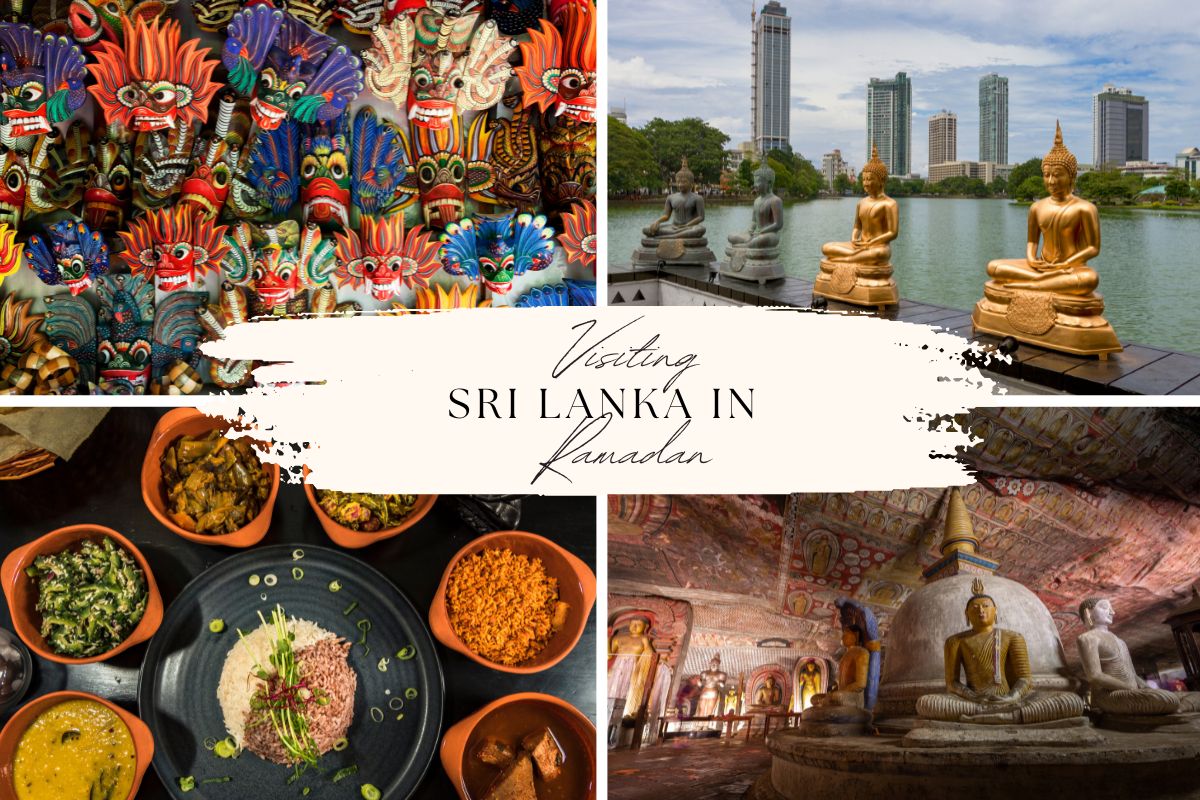
Importance of Ramadan in Sri Lanka
Ramadan, known as Ramazan in some regions, holds significant importance in Sri Lanka, particularly for the Muslim community. The importance of Ramadan in Sri Lanka is aligned with the broader Islamic traditions and values. Here are some aspects highlighting the significance of Ramadan in Sri Lanka:
Religious Observance:
Ramadan is a fundamental religious observance for Muslims in Sri Lanka. It is a time of heightened spiritual devotion, self-reflection, and a deepening of one’s relationship with Allah.
Fasting (Sawm):
Fasting during Ramadan is one of the Five Pillars of Islam, and it is a core aspect of religious practice. Muslims in Sri Lanka observe fasting from dawn to sunset, refraining from food, drink, and other physical needs. This practice fosters self-discipline, empathy for the less fortunate, and spiritual purification.
Community and Solidarity:
Ramadan emphasizes the importance of community and solidarity. Muslims in Sri Lanka come together for communal prayers, especially during Tarawih (extra nightly prayers), and for iftar (breaking the fast) and suhoor (pre-dawn meal). This fosters a sense of unity and strengthens social bonds.
Charity and Generosity:
Acts of charity, known as zakat, are particularly emphasized during Ramadan. Muslims in Sri Lanka engage in charitable activities, including providing food to the needy, supporting local communities, and contributing to various philanthropic endeavors.
Spiritual Reflection:
Ramadan is a time for deep spiritual reflection, increased recitation of the Quran, and seeking forgiveness for past transgressions. It offers an opportunity for self-improvement and personal growth.
Night of Power (Laylat al-Qadr):
Muslims believe that Laylat al-Qadr, or the Night of Power, falls within the last ten nights of Ramadan and is considered a night of special significance and divine blessings. Many devotees spend this time in intense prayer and supplication.
Culmination with Eid al-Fitr:
The conclusion of Ramadan is marked by the celebration of Eid al-Fitr, a day of joy, gratitude, and festivity. It includes communal prayers, feasting, giving of gifts, and acts of kindness.
In Sri Lanka, where different religious and ethnic communities coexist, Ramadan is respected and acknowledged across the country. It is a time when people of various backgrounds may participate in the spirit of sharing and understanding, contributing to the multicultural fabric of Sri Lankan society.
Tourism in Sri Lanka
Approximately 9.7% of the population in Sri Lanka was reported to be Muslim. However, demographic information can change over time, so it’s advisable to check the most recent and reliable sources for the latest demographic data on the religious composition of Sri Lanka. Keep in mind that the percentages can vary depending on the source and the methodology used in the surveys or censuses.
Sri Lanka has experienced fluctuations in tourist arrivals, influenced by various factors, including global events and the impact of the COVID-19 pandemic. Before the pandemic, annual tourist arrivals to Sri Lanka ranged from 1.5 million to 2.5 million.
Sri Lanka is generally known for its warm and friendly people. The country has a diverse population with various ethnicities, religions, and cultures living together. Visitors often find the locals to be hospitable, welcoming, and willing to assist tourists. Hospitality is deeply ingrained in Sri Lankan culture, and many visitors appreciate the friendliness of the people they encounter during their travels.
It’s important to note that individual experiences may vary, and cultural norms can influence interpersonal interactions. As with any destination, treating locals with respect and understanding local customs can contribute to positive interactions. Overall, Sri Lanka is often considered a friendly and welcoming destination for tourists.
Advantages of Visiting Sri Lanka During Ramadan
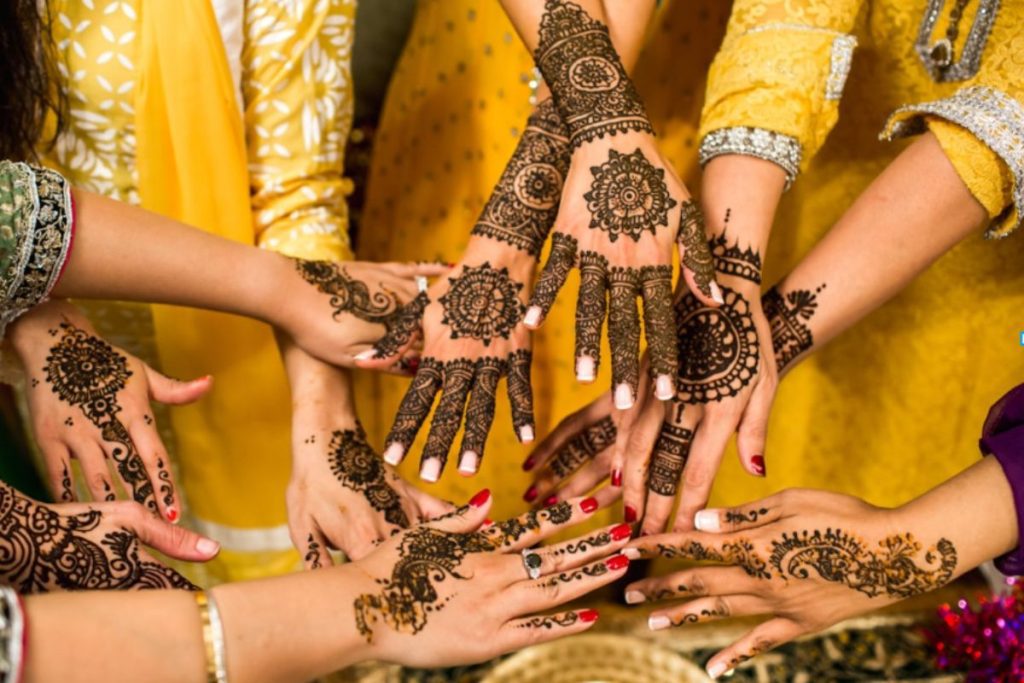
Cultural Insight: Ramadan is a significant religious and cultural event for the Muslim community. Observing the practices and traditions associated with Ramadan can offer visitors a deeper understanding of the country’s diverse cultural landscape.
Festive Atmosphere: Despite the daytime fasting, the evenings during Ramadan are often lively and festive. Restaurants, markets, and public spaces become vibrant as people gather for iftar, creating a warm and welcoming atmosphere.
Iftar Experiences: Participating in or witnessing iftar (the breaking of the fast) can be a memorable experience. Many places, including hotels and restaurants, offer special iftar menus, providing an opportunity to taste traditional Ramadan dishes.
Nightly Activities: The nights during Ramadan often feature increased religious activities, including special prayers such as Tarawih. This creates a unique ambiance, and mosques may be beautifully illuminated for evening prayers.
Hospitality and Generosity: Ramadan is a time of increased generosity and hospitality. Visitors may experience the warmth and kindness of the local people as they share meals and engage in acts of charity.
Culinary Delights: Exploring the local cuisine is always a highlight of any trip, and during Ramadan, there may be additional culinary offerings and specialties associated with the month that tourists can enjoy.
Shopping Opportunities: Shopping malls and markets may extend their hours into the evenings, providing visitors with more opportunities to explore and purchase souvenirs or traditional items. Some places may offer special sales or promotions during Ramadan.
Cultural Events: Depending on the timing of your visit, you might have the chance to participate in or witness cultural events and celebrations associated with Ramadan, such as street festivals or religious processions.
While these advantages can make a visit during Ramadan a unique experience, it’s essential to be respectful of local customs and practices. It’s also recommended to check specific details, such as the operating hours of businesses, in advance to plan your activities accordingly.
Don’t Miss The Grand Sales on Shopping in Ramadan

During Ramadan in Sri Lanka, it’s not uncommon for businesses, including shopping malls and stores, to offer special promotions and sales, similar to festive seasons and holidays. Retailers may provide discounts, deals, and sales events as a way to attract customers and encourage shopping during this period.
The specific nature and extent of these sales can vary, and the availability of discounts may depend on the individual policies of each business. Some businesses may offer sales on a wide range of products, while others may focus on specific items or categories.
If you’re interested in taking advantage of sales during Ramadan in Sri Lanka, it’s recommended to:
Check with Local Businesses: Inquire with local shops, malls, and markets about any ongoing sales or promotions during Ramadan. Some businesses may advertise their offers through signage, social media, or other promotional channels.
Visit Shopping Centers: Shopping malls and large retail centers are likely to have special promotions during Ramadan. Visiting these establishments and exploring various stores can provide insights into ongoing sales.
Follow Local Media: Keep an eye on local newspapers, TV commercials, and online platforms for information about sales and discounts during Ramadan. Businesses often use these channels to communicate their promotional activities.
Ask Locals: If you’re staying in a hotel or interacting with locals, consider asking them about any notable sales or shopping events happening during Ramadan. Locals may provide valuable insights into the best places to find discounts.
It’s essential to be respectful of the cultural significance of Ramadan and the observances of those fasting. While shopping and sales are a part of the experience, it’s also an opportunity to engage with the local community, understand their customs, and share in the spirit of the season.
Dress Code for Visiting Sri Lanka During Ramadan
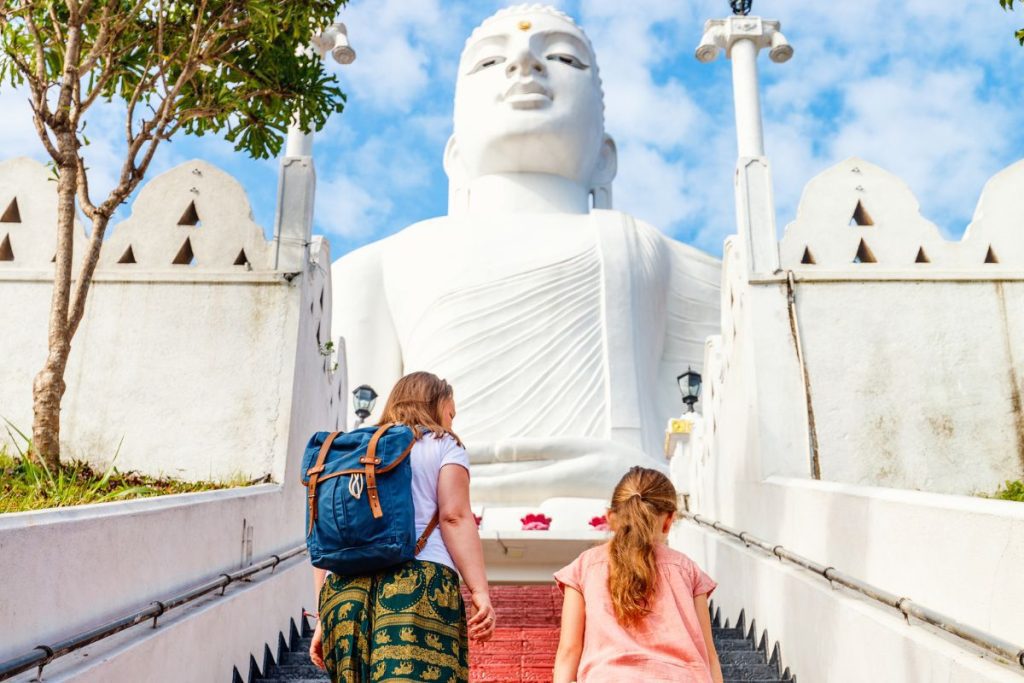
When visiting Sri Lanka during the month of Ramadan, it’s advisable to dress modestly and respect the local cultural norms, especially in areas with a significant Muslim population. While Sri Lanka is a diverse and culturally rich country with varying clothing styles, modest attire is generally appreciated as a sign of cultural sensitivity. Here are some recommendations for clothing during Ramadan in Sri Lanka:
Modesty for All Genders:
For both men and women, wearing modest clothing that covers the shoulders, knees, and cleavage is generally considered respectful.
Loose-fitting and breathable fabrics can be comfortable in the warm weather.
Women’s Attire:
Women may consider wearing longer skirts or dresses, and it’s common for tops to cover the shoulders.
Many local women in Sri Lanka wear traditional attire such as saris or salwar kameez, which are widely accepted.
Men’s Attire:
Men typically wear long trousers or knee-length shorts and shirts with sleeves.
Traditional clothing, such as a kurta or a long shirt, may also be suitable.
Footwear:
In many mosques and religious places, it is customary to remove shoes before entering. It’s advisable to wear footwear that can be easily removed.
Respectful Attire for Religious Places:
If you plan to visit mosques or other religious sites during Ramadan, it’s essential to wear attire that is respectful of religious customs. This may include covering the head for both men and women.
Comfortable Footwear:
Sri Lanka can be warm, so comfortable and breathable footwear is recommended, especially if you plan to participate in local events or visit markets.
Cultural Sensitivity:
Be mindful of the local customs and practices. In areas with a predominantly Muslim population, you may observe a higher degree of modest dressing during Ramadan.
It’s important to note that dress codes may vary based on specific locations and cultural practices. Checking in advance and observing the clothing worn by locals can provide guidance on what is considered appropriate attire in different settings. Ultimately, the key is to show respect for the local culture and customs during your visit.
FAQs about Visiting Sri Lanka During Ramadan
In Sri Lanka, the majority of the population practices Buddhism, and not everyone observes the Islamic tradition of fasting during the month of Ramadan. However, Sri Lanka is a multi-ethnic and multi-religious country with significant Muslim, Hindu, and Christian minorities.
During Ramadan, Muslims in Sri Lanka, as in many other parts of the world, observe fasting from dawn to sunset as a religious obligation. This includes abstaining from food, drink, and other physical needs during daylight hours.
Non-Muslims in Sri Lanka are not obligated to fast during Ramadan, but out of respect for the religious practices of their Muslim neighbors and friends, they may be considerate in various ways. For example, some non-Muslims might refrain from eating or drinking in public during daylight hours as a sign of respect and cultural sensitivity.
It’s important to recognize and appreciate the diversity of religious practices in Sri Lanka and respect the choices and beliefs of individuals from different communities during significant religious observances like Ramadan.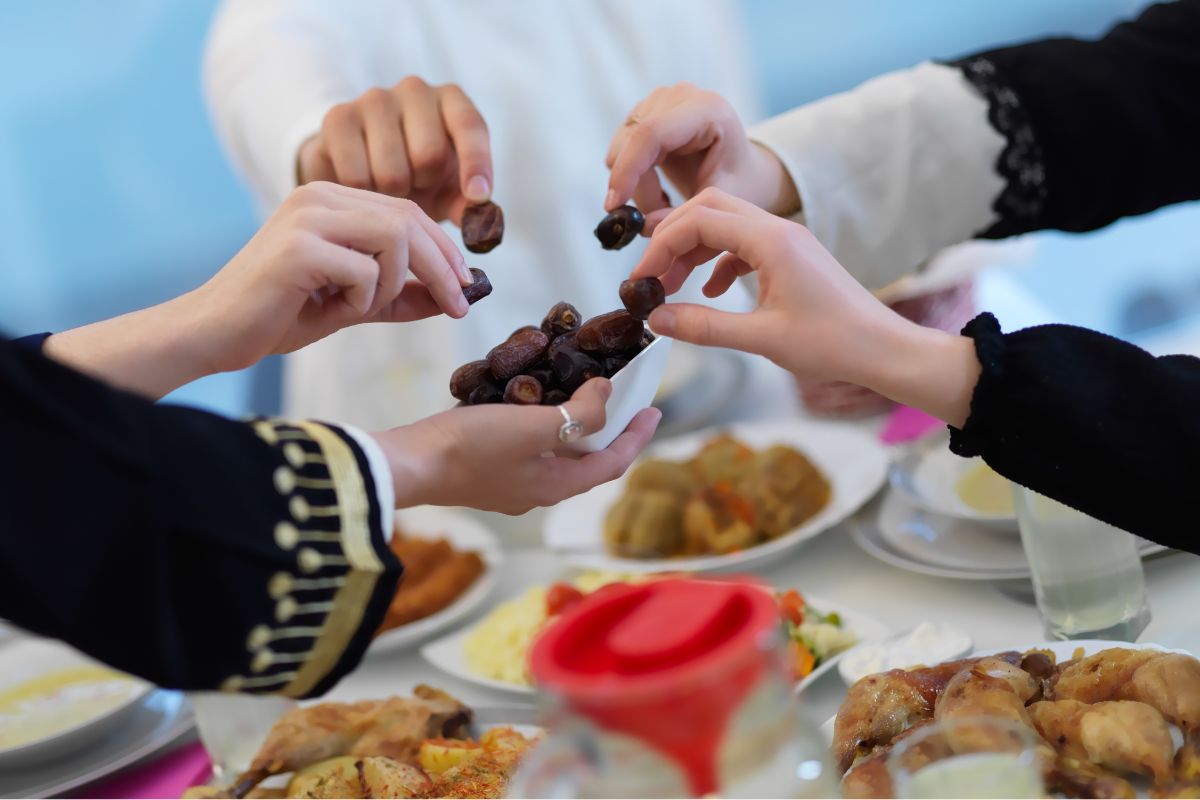
During the month of Ramadan, the operating hours of restaurants and cafes in Sri Lanka may be adjusted to accommodate the fasting hours of the local Muslim population. Muslims fast from dawn to sunset during Ramadan, refraining from consuming food and drinks during daylight hours. As a result, some restaurants and cafes in predominantly Muslim areas may remain closed or have limited hours during the day.
However, in popular tourist areas and in regions with diverse populations, some restaurants and cafes may remain open during the day to cater to non-Muslim tourists and residents who may not be observing the fast. It’s essential to check with individual establishments, especially in areas with a significant Muslim population, to inquire about their specific operating hours during Ramadan.
In the evening, after sunset prayers (Maghrib), restaurants and cafes typically become lively as Muslims gather to break their fast during iftar. Many establishments offer special iftar menus and extended hours during the evening to accommodate those observing Ramadan.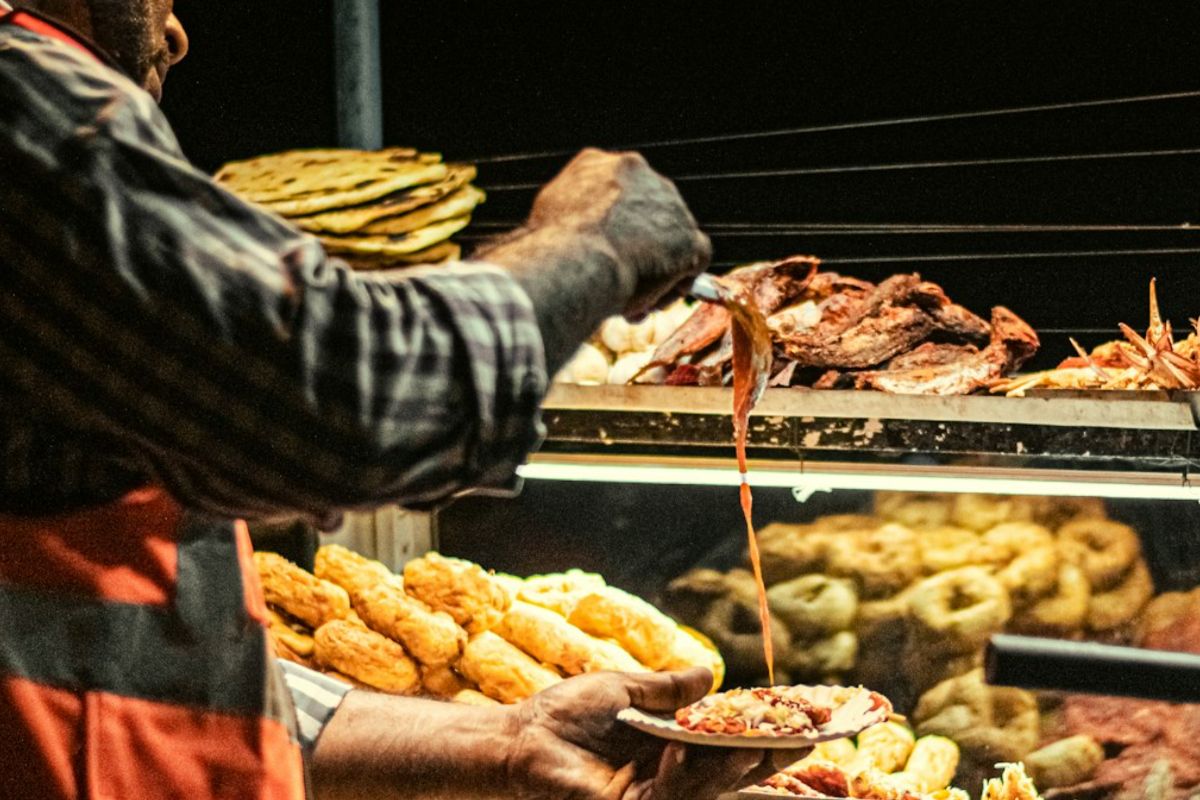
During the month of Ramadan, the operating hours of shopping malls and gift shops in Sri Lanka may be adjusted, especially during the daytime when Muslims are observing fasting. In predominantly Muslim areas, some businesses may choose to close or have limited operating hours during the fasting hours from dawn to sunset.
However, in areas with diverse populations or popular tourist destinations, some shopping malls and gift shops may remain open during the day to cater to non-Muslim residents and tourists who may not be observing the fast. Additionally, many businesses tend to extend their operating hours into the evening after sunset prayers (Maghrib) when the iftar meal is served and when Muslims break their fast.
It’s advisable to check with specific shopping establishments in the region you plan to visit during Ramadan to confirm their operating hours, as practices may vary depending on the location and the preferences of individual businesses. Being aware of local customs and being respectful of those who are fasting is always a considerate practice.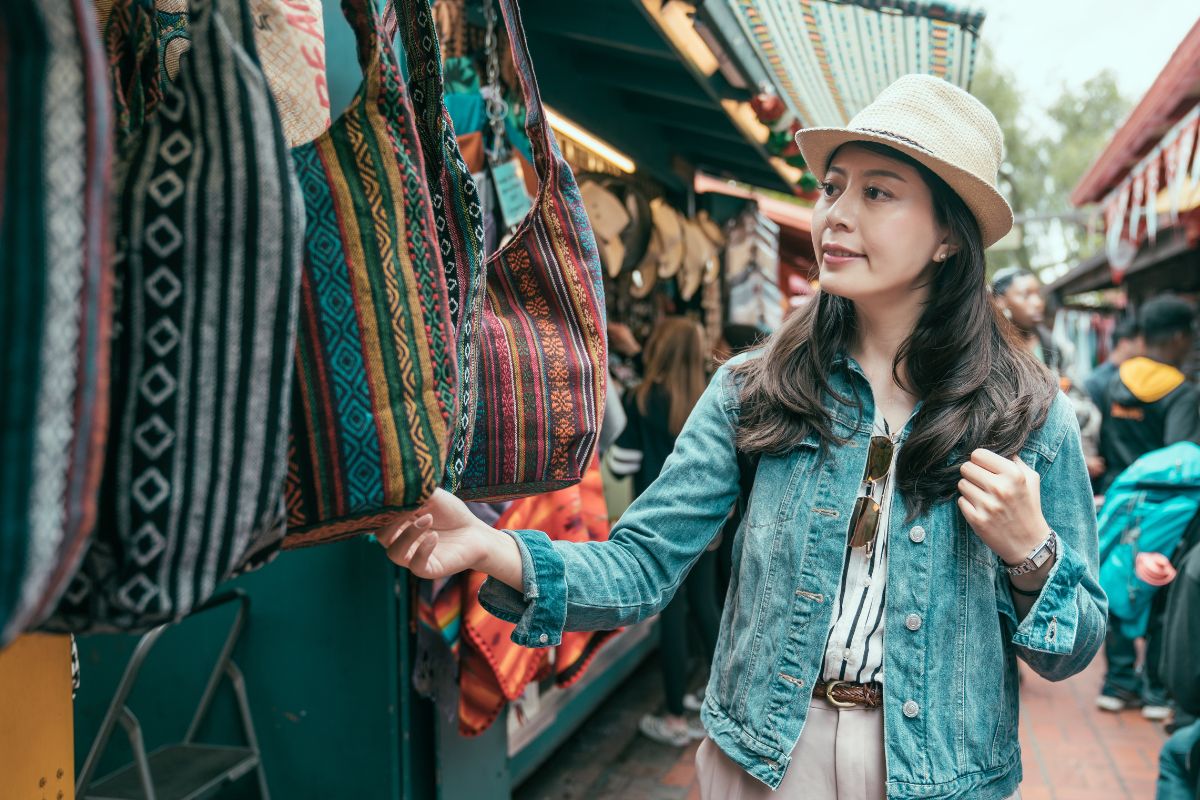
Yes, tourists are generally welcome to participate in iftar meals during Ramadan in Sri Lanka. Iftar, which is the breaking of the fast after sunset, is a communal and festive occasion. Many hotels, restaurants, and community centers offer special iftar meals, and tourists can join in the experience. Here are some details and advantages of participating in iftar meals:
Sri Lankans are known for their warm hospitality, and during Ramadan, this hospitality is often extended to tourists. Joining an iftar meal provides an opportunity to experience the generosity and friendliness of the local community.
Inclusive Experience: Joining iftar meals promotes inclusivity and cultural exchange. It breaks down barriers and allows tourists to engage with the local community in a meaningful way.
Enhanced Cultural Experience: Ramadan is a significant cultural event, and participating in iftar enriches the overall cultural experience of the trip. It’s an opportunity to observe and appreciate local customs.
Festive Atmosphere: Iftar meals create a festive atmosphere with vibrant colors, special decorations, and a sense of celebration. Tourists can immerse themselves in the joyful ambiance and celebrations of Ramadan.
Memorable Moments: Sharing a meal is a universal way of connecting, and joining an iftar can lead to memorable interactions and conversations with locals. It’s a chance to make new friends and create lasting memories.
Respectful Engagement: By participating in iftar, tourists show respect for the customs and traditions of the host country. It demonstrates an interest in cultural understanding and a willingness to engage in local practices.
While participating in iftar can be a rewarding experience, tourists should approach it with respect and cultural sensitivity. It’s advisable to check in advance about any specific customs or guidelines and to be mindful of local traditions during this sacred time.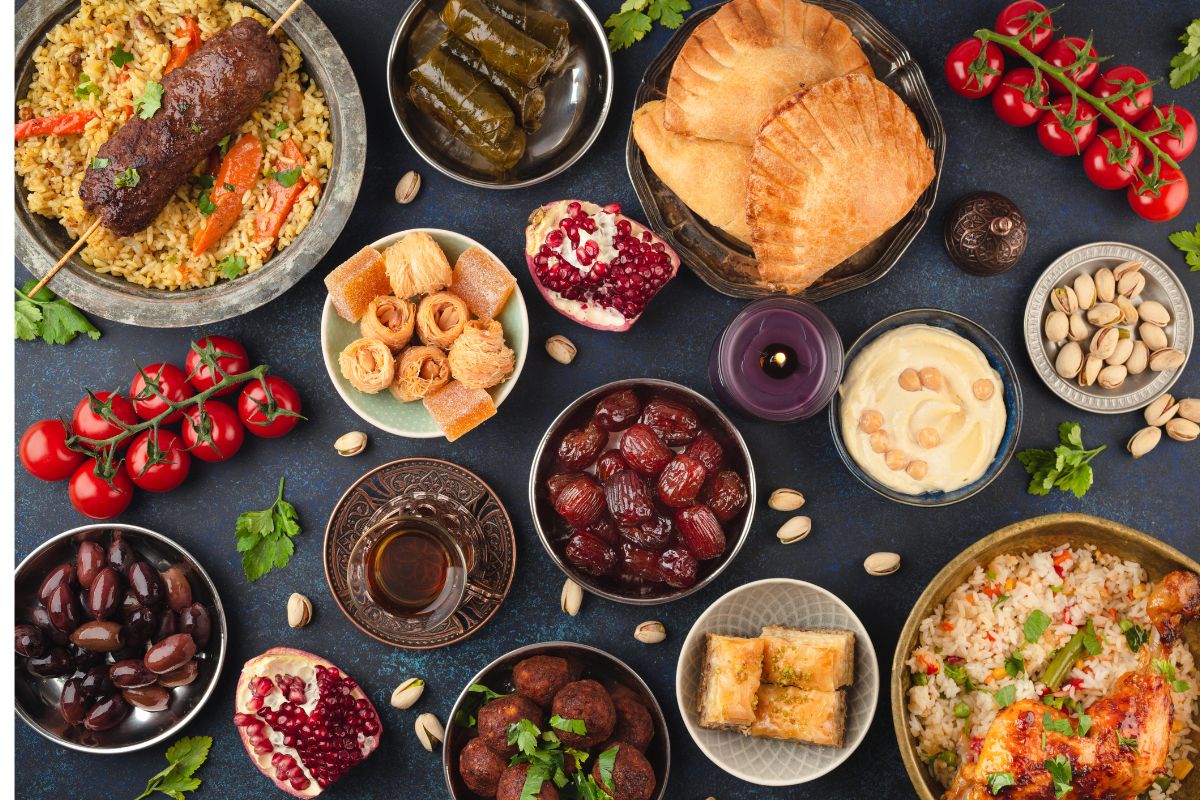

 Spring Sale: 2 FOR 1
Spring Sale: 2 FOR 1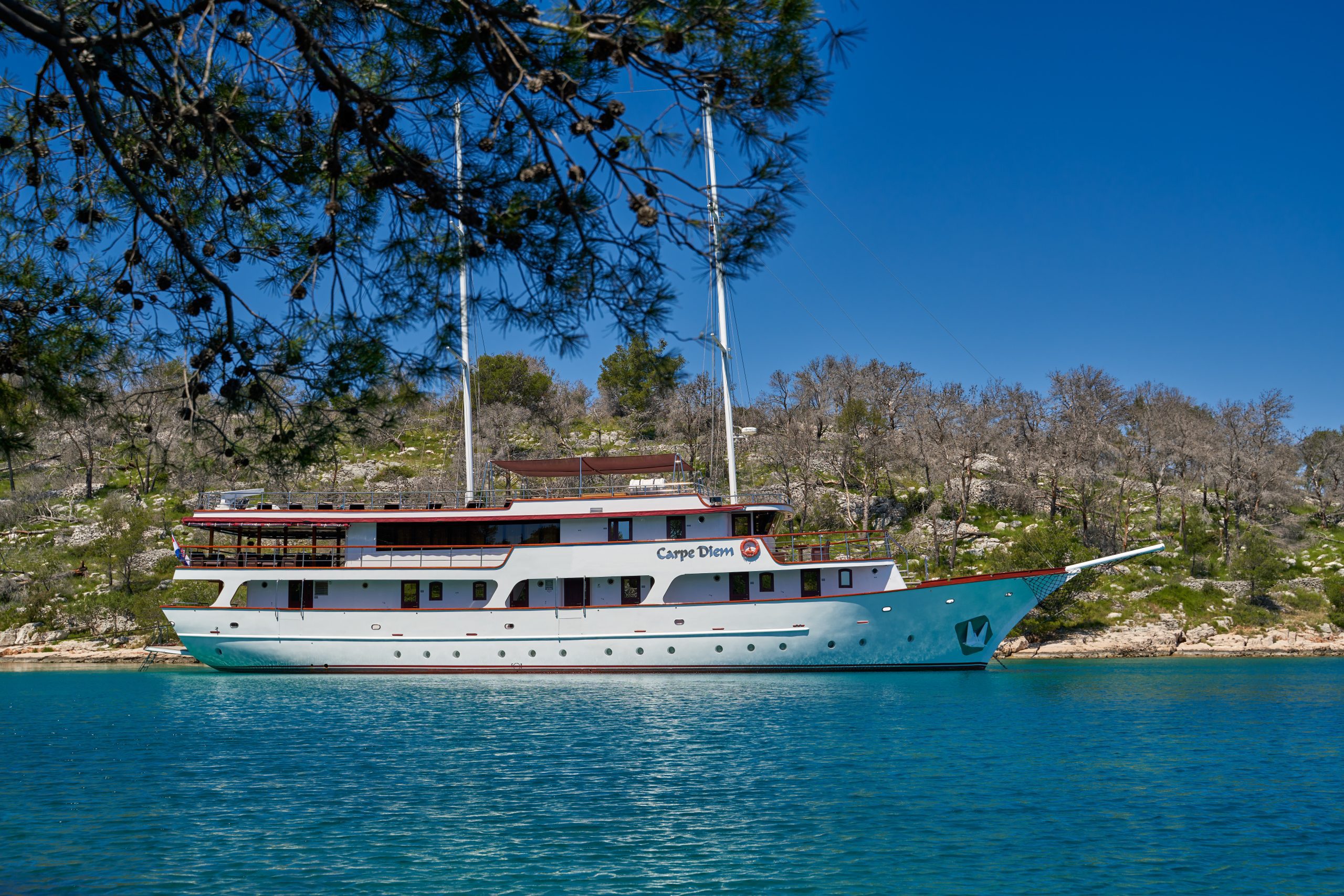 Croatia Sailing 2024: 2 For 1
Croatia Sailing 2024: 2 For 1 Greece Trips : 2 For 1
Greece Trips : 2 For 1 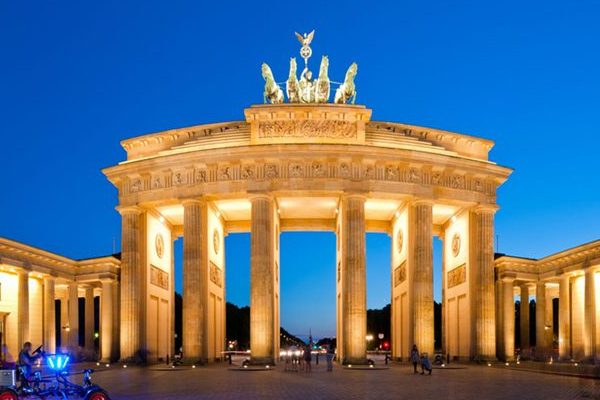 Central & Eastern Europe Tours: 2 For 1
Central & Eastern Europe Tours: 2 For 1  Why Travel Talk
Why Travel Talk Safe Travels with Travel Talk
Safe Travels with Travel Talk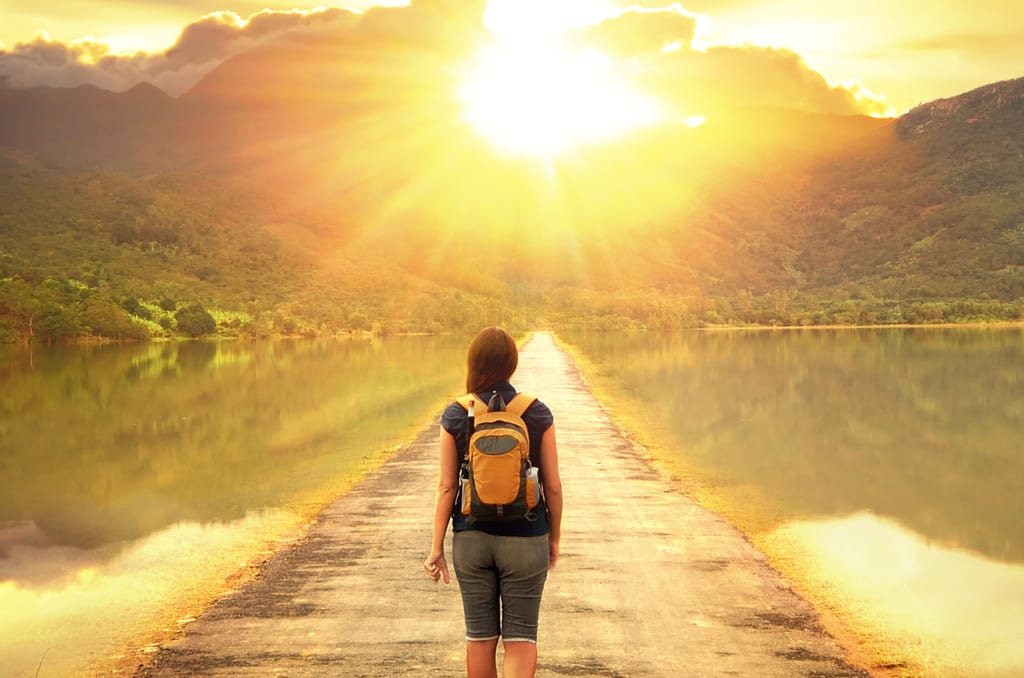 Fair Travels with Travel Talk
Fair Travels with Travel Talk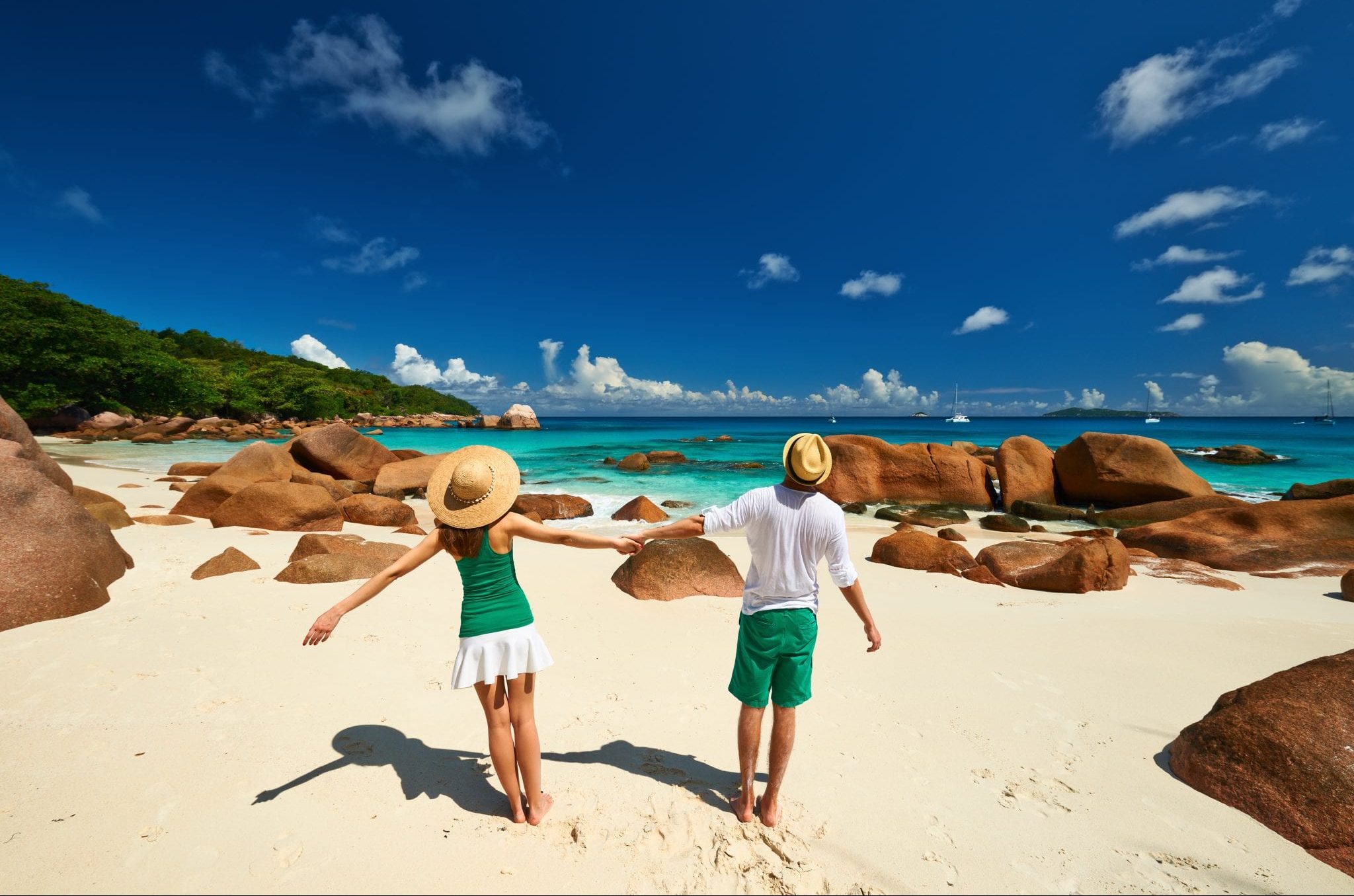 Travel Talk Blog
Travel Talk Blog